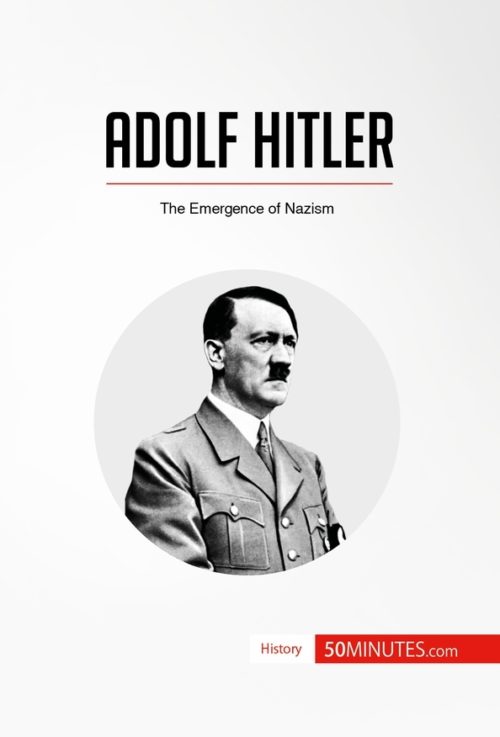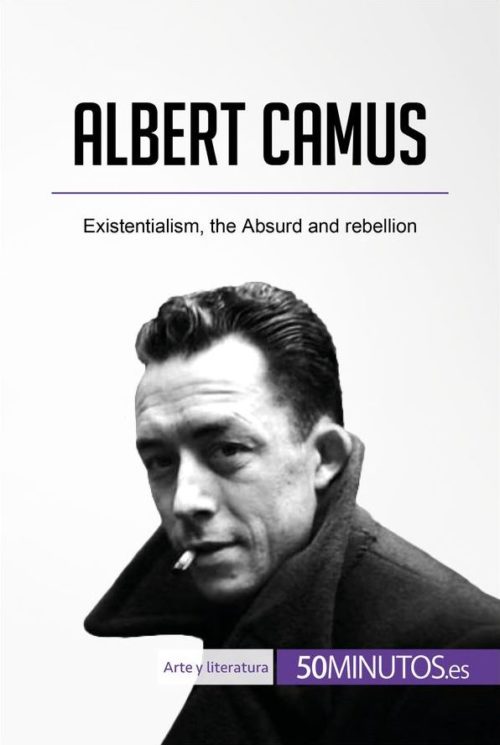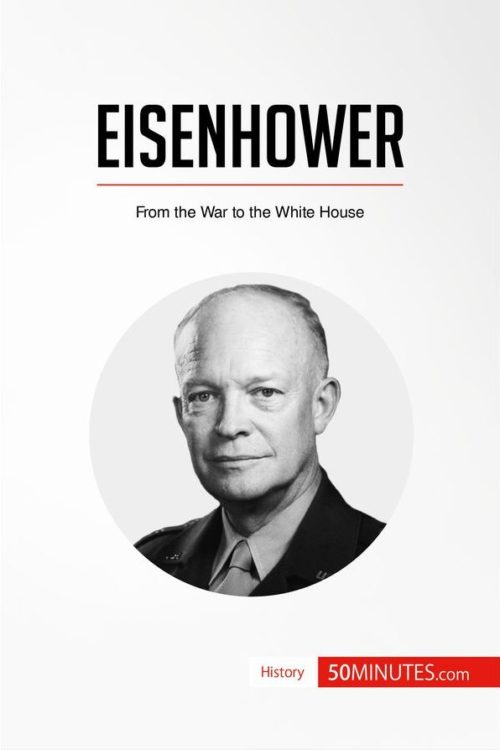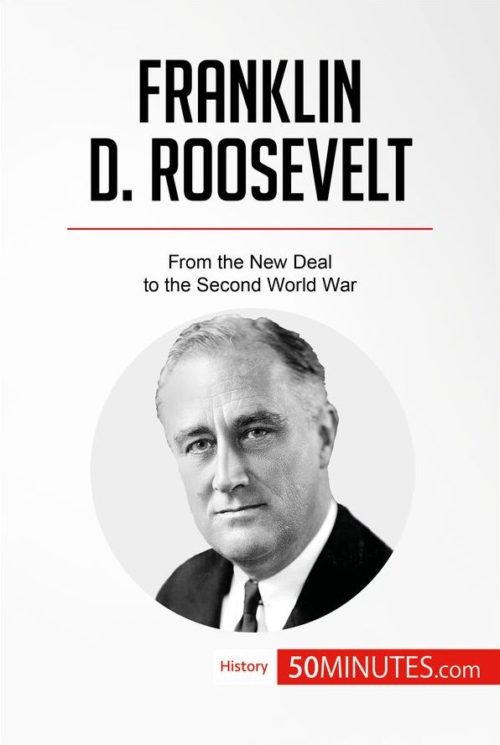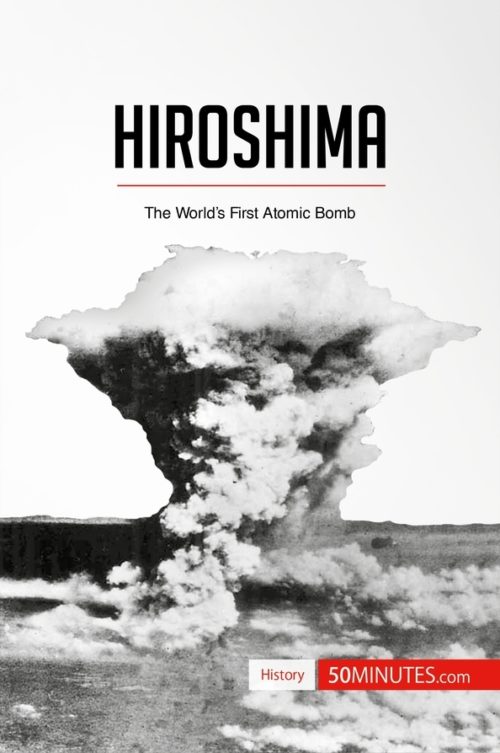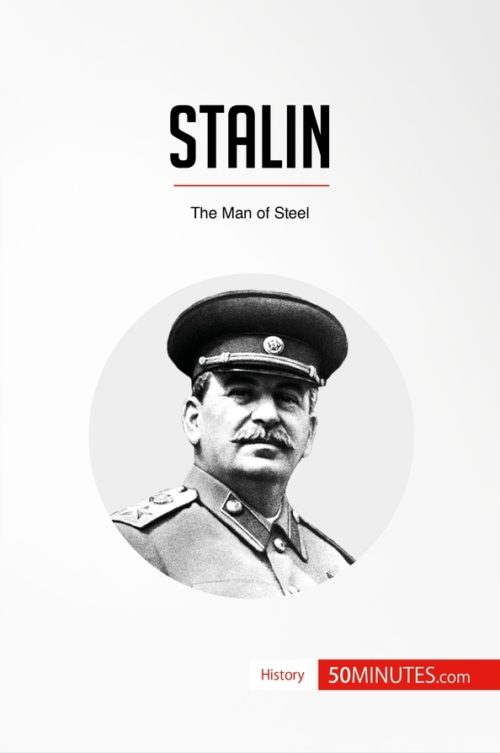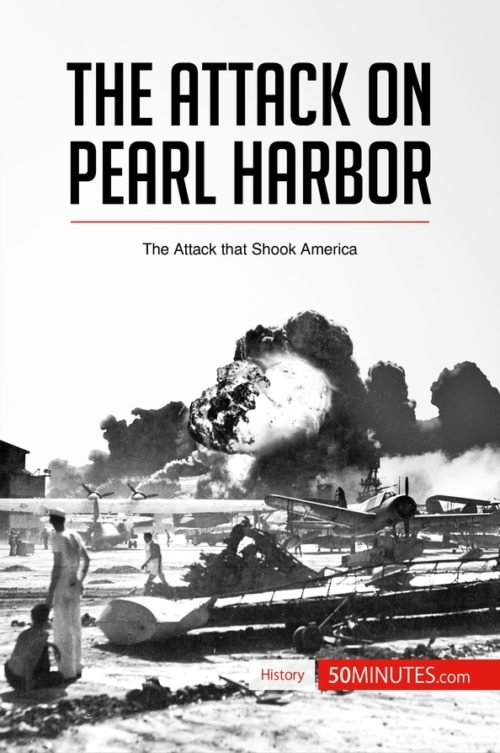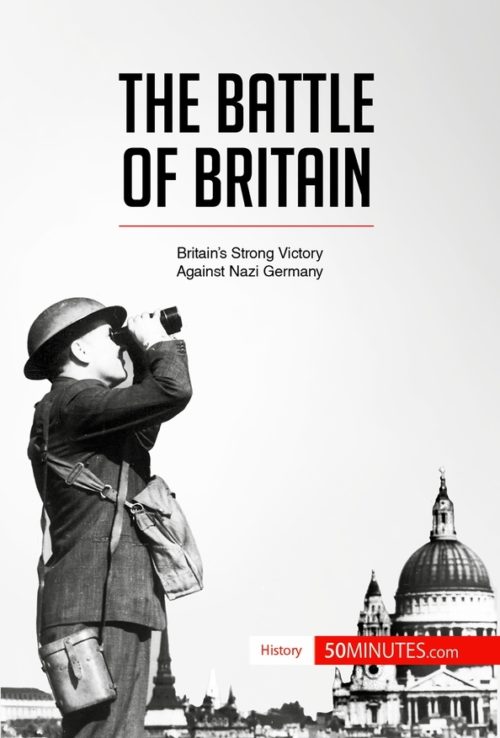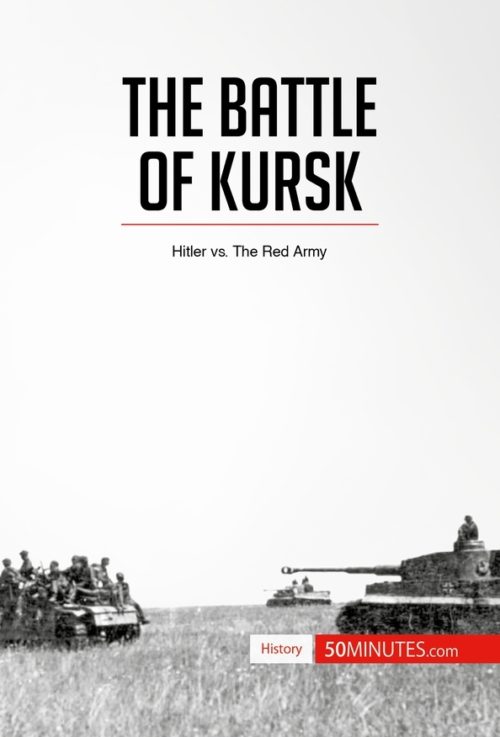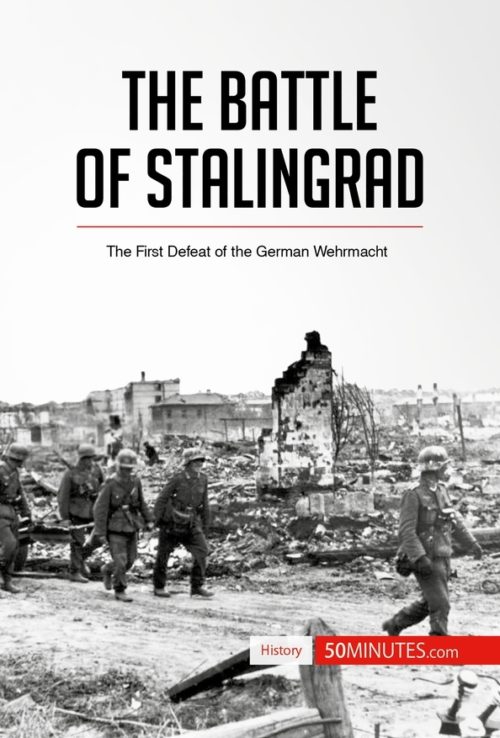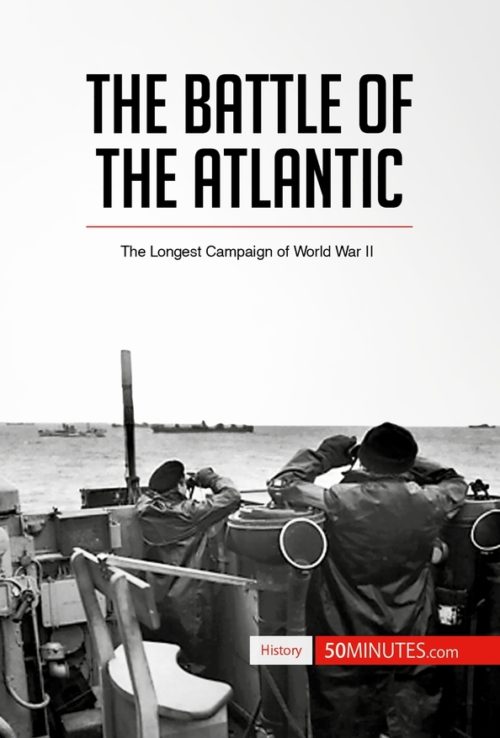Adolf Hitler, the leader of the Nazi Party and Führer of Nazi Germany from 1934 to 1945, is widely viewed as one of the most evil men in history. Driven by rabid anti-Semitism and a belief in the inherent superiority of the Aryan race, Hitler was directly responsible for the outbreak of the Second World War and masterminded the Holocaust,...
Read more
-
The Algerian-born French writer and thinker Albert Camus remains one of the most important French authors of the 20th century. Often associated with existentialism (although he did not fully identify with this philosophical movement), he was also a courageous activist and social critic, speaking out against totalitarianism in all its forms and fighting for justice and equality for all. In...
Read more -
Gabrielle Chanel, better known as Coco Chanel, was one of the most influential fashion designers of the 20th century, and breathed new life into the fashion world with her elegant yet practical clothing. From the iconic little black dress to her menswear-inspired outfits and famous short haircut, Chanel was not afraid to rip up the rulebook and develop her own...
Read more -
Dwight David Eisenhower was the 34th President of the United States and a member of the Republican Party. He was a hero of the Second World War and a very important figure in the liberation of Europe. He was also regarded as a great diplomat and, when he was elected, he became the first Republican president in 20 years. In...
Read more -
Franklin D. Roosevelt was the 32nd President of the United States and brought the Democratic Party back into power after over 20 years in the wilderness. He inherited a dire economic situation from his Republican predecessor and responded by implementing the New Deal, a wide-ranging series of measures designed to stimulate economic recovery and create jobs. He also took the crucial decision to bring the...
Read more -
On 6 August 1945, the world's first atomic bomb was dropped on the Japanese city of Hiroshima. The second bomb followed days later, hitting Nagasaki on 9 August 1945. The attacks caused the complete destruction of two major Japanese cities, brought about the immediate surrender of Japan and the end of the Second World War, and led to the beginning of the...
Read more -
Joseph Stalin was the General Secretary of the Communist Party of the Soviet Union from 1922 and the leader of the USSR from 1924 to 1953. Known in particular for his rule of terror over the USSR, Stalin governed Russia with an iron fist, propelling the country into rapid industrialization through his infamous five-year plans, introducing forced labor camps known as...
Read more -
The Attack on Pearl Harbor on 7 December 1941 is one of the most famous events of the Second World War. Led by the Japanese admiral Isoroku Yamamoto, the offensive caused the USA to join the Allies in their fight against the Germans, the Italians and the Japanese. In just 50 minutes, you will find out how this brutal attack played...
Read more -
The Battle of Britain was the most colossal air combat in history, pitting the forces of Nazi Germany against Great Britain, which by that point stood alone in Europe, its allies having already been beaten down by Adolf Hitler's forces. The battle took place in the autumn of 1940, at an early stage in the Second World War. The stakes could not...
Read more -
The Battle of Kursk was one of the major clashes between German and Soviet troops during the Second World War and one of the most important tank battles in history. Having launched Operation Barbarossa to invade the USSR in 1941, the Nazis sought to regain the initiative on the Eastern Front with this new offensive in the summer of 1943. However, the Red Army was...
Read more -
The Battle of Stalingrad was one of the major battles of the Second World War, and saw the German Wehrmacht and Stalin's Red Army fight savagely, often in close quarters, for control of the city. The combat also involved civilians and was unprecedented in its scale; the Battle of Stalingrad is now widely regarded as one of the largest and bloodiest battles in history. It marked...
Read more -
The Battle of the Atlantic was the longest campaign of the Second World War, and mobilized extraordinary numbers of men and material on both the Allied and Axis sides. The battle was of major strategic significance: control of the seas would have allowed the Germans to bring Britain to its knees by preventing it from receiving supplies from the USA and its...
Read more
